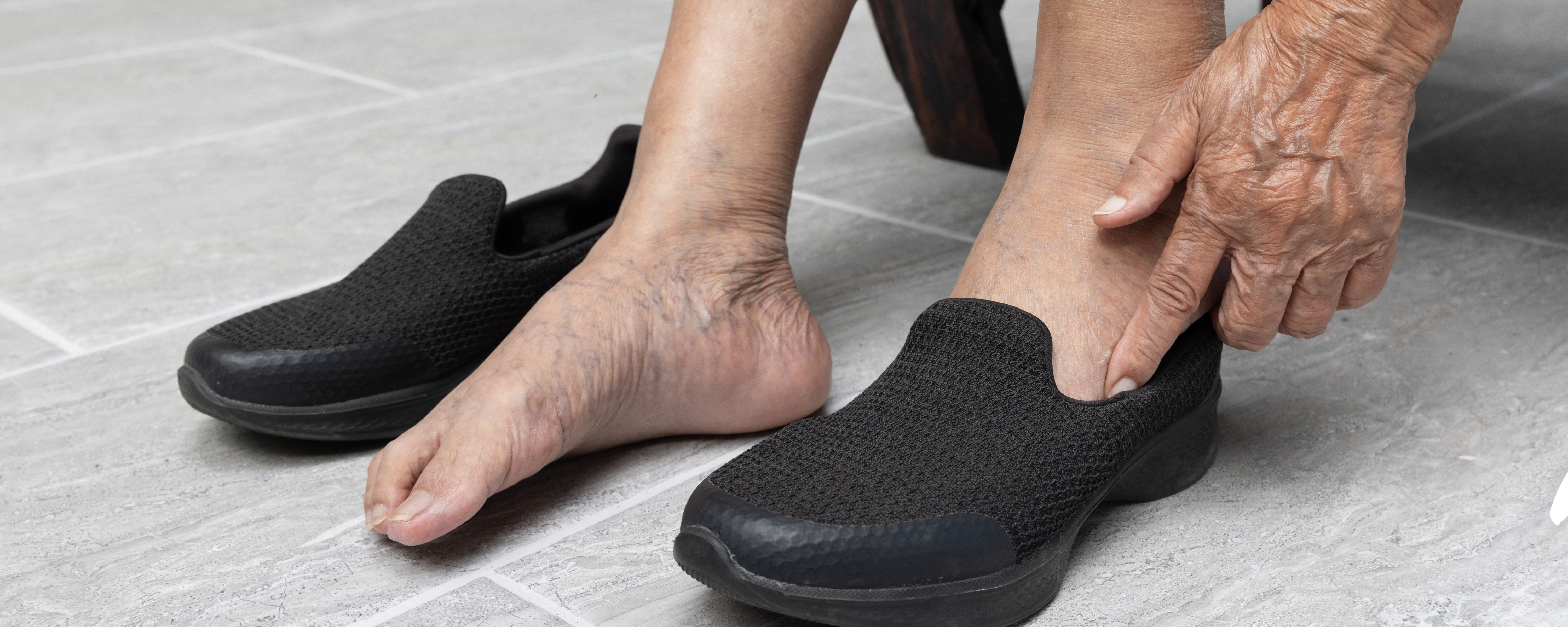
At-Home Foot Care: How a Foot Care Nurse Can Guide You for Better Results
Foot care is an essential part of maintaining overall health, especially as we age. For seniors, proper foot care can be the key to preventing serious complications like infections, pain, and mobility issues. Whether you’re managing diabetes, dealing with ingrown toenails, or simply want to keep your feet healthy, at-home foot care can make a big difference. But for many, the question arises: how can you ensure you’re doing it right?
That’s where a foot care nurse can be a game changer. With their expertise, they can guide you in creating a foot care routine tailored to your specific needs. In this blog, we’ll explore how a foot care nurse can help with at-home foot care, particularly for seniors dealing with conditions like diabetes, ingrown toenails, fungal infections, and minor wound care.
1. Managing Diabetes-Related Foot Care
For seniors with diabetes, foot care is especially important. High blood sugar levels can affect circulation and nerve function, leading to numbness, poor wound healing, and an increased risk of infections. A foot care nurse can help identify early signs of complications like cuts, blisters, or sores that may go unnoticed due to decreased sensitivity.
A nurse can teach you how to properly inspect your feet daily, ensuring you catch any issues before they become serious. They’ll also provide tips on how to maintain proper circulation and offer advice on footwear that reduces the risk of injury. By following these guidelines, seniors with diabetes can significantly reduce their risk of foot ulcers and infections.
2. Ingrown Toenails: Prevention and Care
Ingrown toenails are a common issue among seniors and can cause significant discomfort or even lead to infection if left untreated. A foot care nurse can show you how to safely manage this condition at home. With the right techniques, you can prevent further complications by trimming your nails properly, avoiding tight shoes, and keeping the nails clean.
If the ingrown toenail becomes infected, a foot care nurse can offer guidance on proper wound care, or they may refer you to a podiatrist if medical intervention is needed. By having a professional guide you, you can avoid common mistakes that worsen the condition.
3. Dealing with Fungal Infections
Fungal infections, like athlete’s foot, are another common concern for seniors. These infections thrive in warm, moist environments, such as inside shoes, and can be particularly troublesome for those with reduced mobility. A foot care nurse can help you identify signs of a fungal infection early on, such as redness, peeling skin, or an itchy rash.
Through personalized advice, a nurse can recommend treatments like antifungal creams or powders and teach you how to maintain clean, dry feet to prevent recurrence. Regular foot inspections are essential for identifying any areas of concern before they worsen into more serious issues.
4. Minor Wound Care: Keeping Your Feet Healthy
Seniors are at an increased risk of developing minor wounds on their feet, especially if they have decreased sensation due to diabetes or other health conditions. These wounds may not seem serious at first, but if left untreated, they can lead to infections and complications.
A foot care nurse can provide professional advice on how to care for minor cuts and scrapes, ensuring they heal properly. They’ll also teach you how to clean and dress wounds to prevent infection, while emphasizing the importance of regularly checking your feet for signs of new wounds.
5. Building a Foot Care Routine
A foot care nurse can help you establish a consistent at-home foot care routine, ensuring that you’re covering all the necessary steps to maintain foot health. This routine might include daily foot inspections, proper hygiene, moisturizing, nail trimming, and exercises to improve circulation. Additionally, a nurse can offer personalized tips on the best footwear for comfort and health.
By having a professional guide you, you’ll gain the confidence to manage your own foot care at home, knowing you’re doing everything possible to protect your feet.
Why You Need a Foot Care Nurse for Better Results
While at-home foot care is essential, it’s important to recognize that some foot conditions require expert attention. A foot care nurse can assess your feet, teach you the right techniques, and provide ongoing support to ensure you’re staying on track with your foot care routine.
For seniors dealing with chronic conditions like diabetes or recurring foot issues, working with a nurse for foot care can prevent minor problems from escalating into major ones. Their experience and knowledge of foot care will give you the best chance for healthy feet, both today and in the future.
If you’re looking for guidance on at-home foot care, a foot care nurse can be your trusted partner. With the right professional support, you can enjoy healthier, pain-free feet for years to come.
Harb Foot Care specializes in providing high-quality foot care services for seniors in Niagara. If you need assistance with at-home foot care, including managing diabetes, ingrown toenails, fungal infections, or minor wound care, contact us today to learn how we can help you achieve better foot health.


